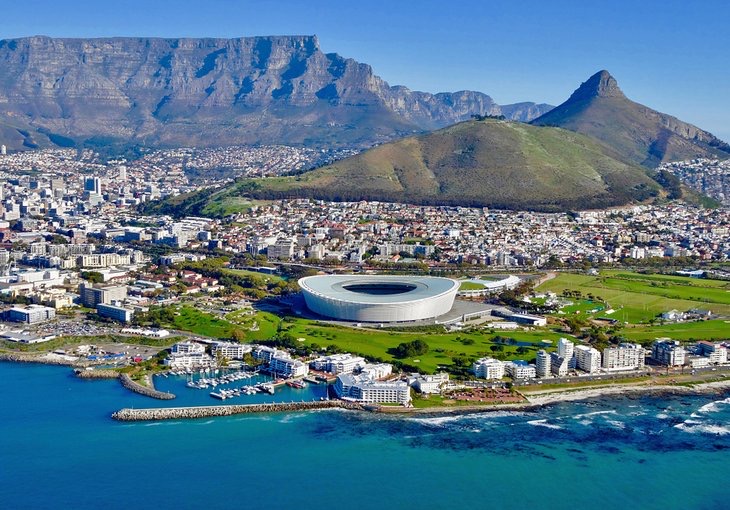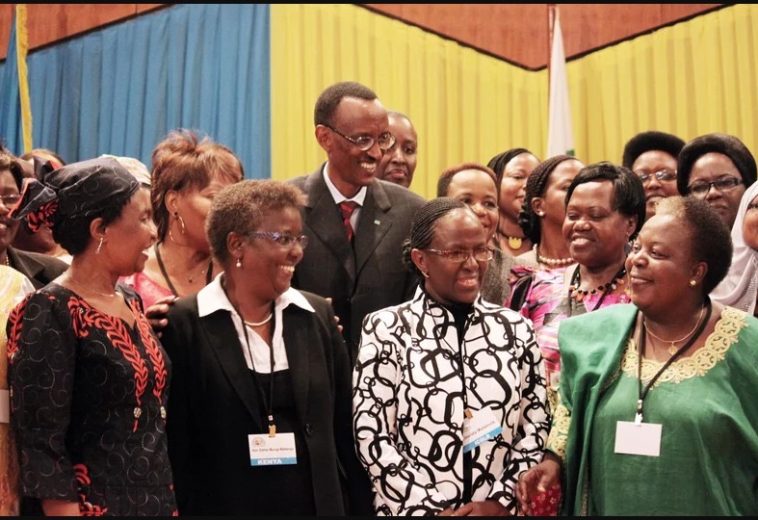Chad’s upcoming presidential election is poised to be a pivotal moment, not just for the nation but for regional stability as well. After years of political turmoil and a transition to democracy under the ruling military government, the election is expected to either solidify the military’s grip on power or mark a significant shift in Chad’s political system.
Since interim President Mahamat Idriss Deby seized power in 2021, Chad has been grappling with political unrest and resistance from opposition forces. The recent fatal shooting of prominent opposition figure Yaya Dillo and his supporters underscored the tensions within the country. Additionally, Chad’s economic challenges, exacerbated by its status as one of the poorest nations globally and the influx of refugees from neighboring Sudan, further complicate the political situation.
Chad’s significance extends beyond its borders, particularly in the Sahel region, where its army plays a crucial role in combating armed groups like Boko Haram. The outcome of the election will thus have implications for regional security and the stability of neighboring countries. France and the United States, key players in Chad’s political landscape, have differing levels of involvement and influence. While France maintains a significant military presence in Chad, the US recently announced plans to withdraw troops, signaling a potential shift in its approach.
France and the United States, key players in Chad’s political landscape, have differing levels of involvement and influence. While France maintains a significant military presence in Chad, the US recently announced plans to withdraw troops, signaling a potential shift in its approach.
The election features a range of candidates, including incumbent President Mahamat Idriss Deby, who faces criticism for his rise to power and alleged suppression of opposition voices. Other contenders, such as Prime Minister Succes Masra, represent varying degrees of opposition to the current regime.
However, concerns linger regarding the fairness of the electoral process, with some experts viewing it as a mere formality to legitimize Deby’s hold on power. Despite reforms aimed at enhancing transparency, doubts remain about the impartiality of electoral institutions and the overall democratic integrity of the process.
Looking ahead, Chad’s future hinges not only on the outcome of the election but also on its ability to address longstanding economic and social challenges. While the prospect of a new leader offers hope for change, the country’s trajectory remains uncertain, with the potential for further political instability and its ramifications for regional security looming large.


